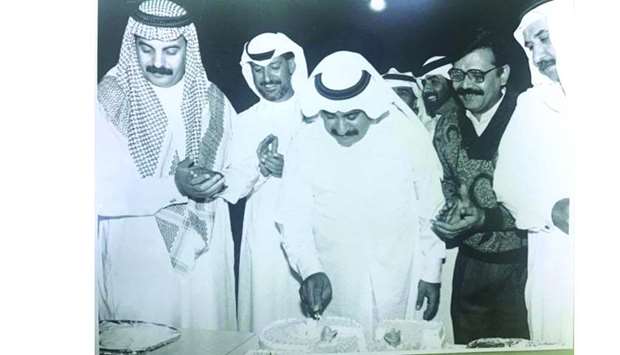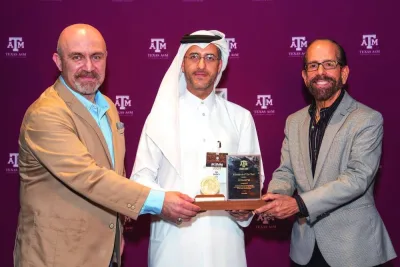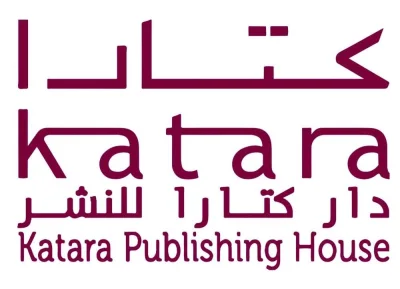Maintaining a fine balance between entertainment and information has given Qatar Urdu Radio (QUR) its distinct identity.
Among the shows broadcast, QUR collaborates with the Ministry of Interior for Police and Awam, Ministry of Labour and Social Affairs for Qanoon kay Dairay Mein, Hamad Medical Corporation for Health Guide and the Ministry of Awqaf for Noor-e-Islam.
Representatives of relevant departments are invited as guests to talk about different issues related to health, religion or Qatari law for each of these shows.
“Saif-ur-Rehman and I have worked hard to improve the service of our channel over the years. At first our broadcast was for an hour, then it became two hours and now our service runs for 24 hours. But one of our objectives has always been to ensure that we broadcast programmes according to the needs and interests of the community,” QUR team member Mehmood Ahmed said.
With a background in Pakistan television and radio, Ahmed joined QUR in 1980 and said it has been a team effort to improve the service.
Asked about the significance of radio as a medium of communication, Ahmed said radio generally has always been an important medium of communication for people in Qatar. Nearly 50 years ago, radio and print media were the only sources of information for people and television wasn’t as popular. Although with the dawn of modern technology and Internet, some people predicted a downfall of conventional mediums such as radio, however, Ahmed said radio channels have become more popular contrary to that prediction.
“Some people thought that the importance of radio will reduce with Internet and such, but I think radio has become more popular.”
One of the shows that Ahmed himself hosts is a weekly broadcast that deals with the ongoing developments in Qatar.

Some of the team members of Qatar Urdu Radio during a celebration on January 1, 1990
“We realised that Qatar was developing at a fast pace and people needed to know what the government was doing to improve the country as well as the standard of living here.”
Another important programme that the radio broadcasts is about the immigration and traffic policies in Qatar. Police and Awam (Police and Public), hosted by Obaid Tahir, is a joint venture of QUR and the Ministry of Interior. The purpose of the show is to inform people and create awareness about the laws of the country. “Conducting programmes such as Police and Awam is not an easy task. Most of the guests of the show are from the Traffic Department, and so the host has to be well-versed in Arabic as well as the Qatari law and Obaid Tahir is doing a fantastic job in conducting the programme,” Ahmed said.
Then there are shows like Noor-e-Islam and Awaze Jars that deal with various social, cultural and religious problems and the idea is to address issues people face in their daily lives. And so, for instance, Awaze Jars looks at issues related to morality and family affairs, while Noor-e-Islam sheds lights on various aspects of faith and religion with a fixed guest from the Ministry of Awqaf. “When we started the radio broadcast in 1980, we had one or two hours and our focus was on entertainment. But slowly and gradually we have incorporated constructive changes in our show,” Ahmed said.
Saif-ur-Rehman said that the news bulletin was an important feature and that QUR is the only channel that gives news in Urdu in the country.
“We broadcast news two times in a day for 15 minutes, first at 10.30am and then at 7.30pm. We take news from different official sources and then translate it from Arabic to Urdu. The news generally covers both local and international issues, which is definitely a very important part of our channel,” he said.
Speaking about the demographics of the listeners, Ahmed said that QUR is followed by anyone and everyone who understands Urdu and the number of listeners is hard to estimate. “We have hundreds and thousands of listeners. It’s not just people from Pakistan; we have listeners from India, Bangladesh, Nepal and even some Iranians who understand Urdu. They listen to our shows regularly.”
Farzana Safdar, who joined the radio in 1990, said that Qatar Urdu Radio has built a strong bond with its listeners, especially the bachelor community over the years. “The most amazing feedback we have had is from the bachelor community based in Qatar. I’ve received calls from many people who said our radio channel was like their family. This isn’t a new phenomenon -- even when our transmission ran on the AM broadcasting channel, we had a strong relationship with bachelors. Many of them listened to Urdu Radio nonstop while at work. They said it’s hard for them to spend time without listening to our channel.”
“Back in the day we were called Urdu Service, and we used to receive letters from Abu Dhabi, Bahrain and some parts of Saudi Arabia as well. People recognised us from our voices.”
Farzana, who has been working in the field of education side by side with radio, said that an important feedback they continue to receive is regarding the information provided through their various programmes.
“People call in to say they learn a lot from our shows. Regardless of whether it’s religious knowledge, social or cultural issues, we cover all aspects and there is something to learn for people of all ages and backgrounds.”
QUR runs programmes on women, health, religion apart from programmes dedicated to music, old and new alike. It is very important for QUR to design programmes keeping in mind a purpose and objective, Farzana said, while observing that the popularity of QUR will never drop regardless of new channels opening up in the country now.
“We prepare scripts, do our research, and discuss ideas before going live. There isn’t a single programme that doesn’t have a purpose. It’s important to maintain a balance as per which people are entertained while also learning something new and we are proud of our legacy for that,” Farzana explained.
She was of the opinion that working for radio and media generally was different from other professions because of the responsibilities that come with this profession. “I entered this profession because of my passion and that’s very important. You have to realise that hundreds and thousands of people are listening to you at once, and you have to be constantly on your toes and very mindful about what you say.”
Frequencies
1980: 187.3 meter band 1602 kh
1987: 300 meter band 999 kh
2011: FM 107
Incharge of Urdu Radio over the years
Mohamed Jassim al-Medadi
Mubarik Jiham al-Kuwari
Ghadi Hussain
Ali Nassir al-Kubaisi
Hassan al-Hajj
Mohamed Amin
Nasir Ahmad Bilal
Sheikh Abdulrahman bin Hamad al-Thani



